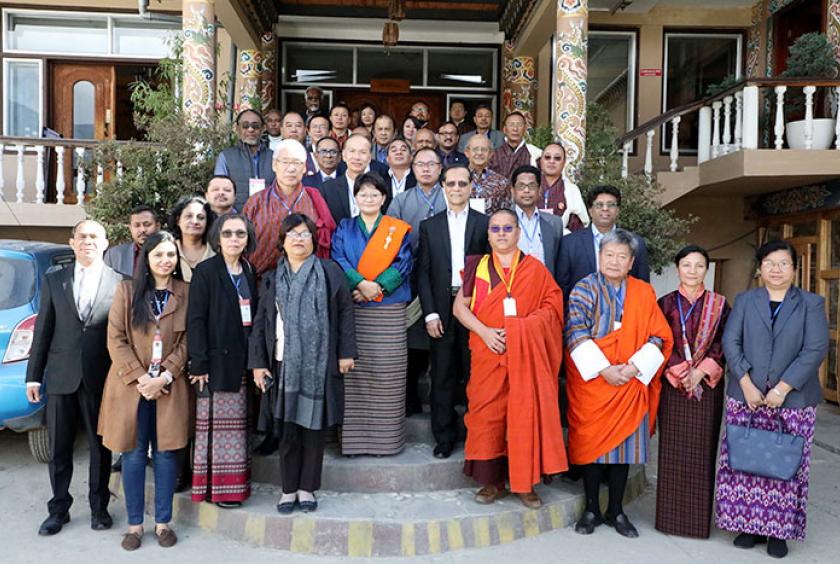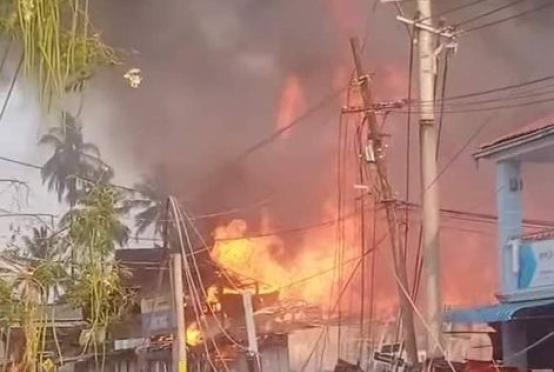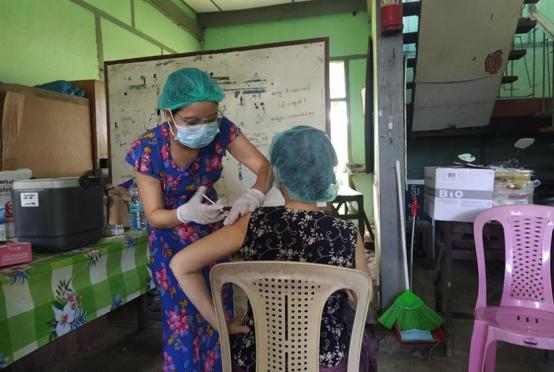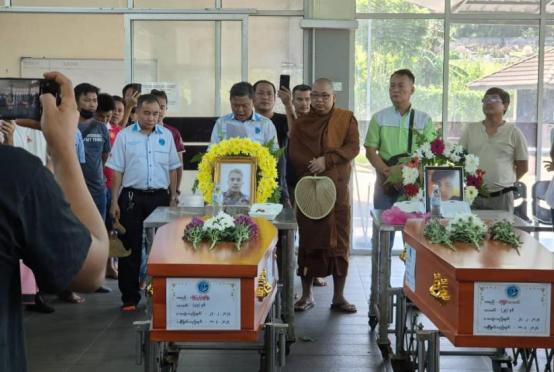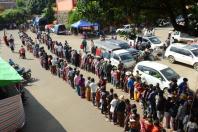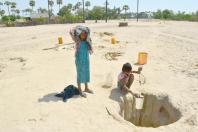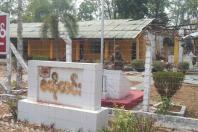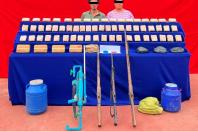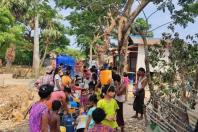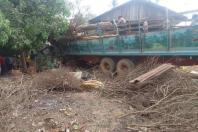Global Fund South East Asia (SEA) region constituency conducted its first regional coordination meeting to identify bottlenecks and measures to tackle cross-border migration issues relating to Human Immunodeficiency Virus (HIV), Tuberculosis and Malaria in the region last week in Thimphu.
The Global Fund, an international partnership organisation, aims to attract, leverage and invest to eliminate the world’s top three epidemics of HIV/Acquired Immune Deficiency Syndrome (AIDS), TB and Malaria by 2030.
Bhutan has made significant progress against pandemics in terms of getting people tested, treating them, and providing access to preventive measures.
However, challenges remain as the endemics continue to rage every year, millions of people dying of HIV/AIDS, TB and Malaria in SEA region.
Today, inadequate infection control measures, lack of cross border notification, inadequate coordination and information sharing platform, and case detection gaps are some of the challenges confronting the countries in the SEA region.
The Global Fund SEA’s board member Professor Mohammad Abul Faiz (PhD) said the region recognised challenges, particularly in the cross border area due to population movement.
“Several issues like population movement and the harmonisation of health programme in the bordering areas cannot be worked successfully by an individual country,” he said.
The regional coordination mechanism (RCM) secretariat was formed last year to scale up efforts where representatives from country coordinating mechanisms (CCM) could come together to exchange ideas and knowledge to address issues. The members are also expected to share data and statistics of the diseases through this platform.
CCM representatives from 10 countries identified regional activities and formulated strategy and action plan related to the RCM for the following three years.
The meeting also reviewed the RCM governance structure, members’ roles and responsibilities and developed priority strategy.
The members presented the current situation and statistics of the HIV, TB and Malaria in their respective countries.
The outcomes of the meeting would be presented to the Global Fund board meeting in Geneva, Switzerland this month.
Accordingly, resources would be mobilised through international donor agencies and SAARC Development Fund.
Based in New Delhi, India the Global Fund SEA today has 11 countries including Indonesia, Maldives and Sri Lanka. As of now, only two countries of SEA region, Sri Lanka and the Maldives have eliminated malaria.
Bhutan is in pre-elimination phase with only six indigenous cases recorded last year.
Bhutan today has 178 registered cases of Tuberculosis (TB) for every 100,000 population, claiming 16 lives per hundred thousand. With an estimated population of 735,000 last year, about 1,308 persons could be living with TB across the country.
In 2018 alone, 981 cases were reported including 63 cases of multidrug-resistant (MDR) TB and that claimed 17 lives.
Cases of communicable diseases mainly Human Immunodeficiency Virus (HIV) and multidrug-resistant (MDR) TB continue to pose grave threats to public health.
In a span of 26 years, Bhutan recorded 663 people living with HIV/AIDS.

